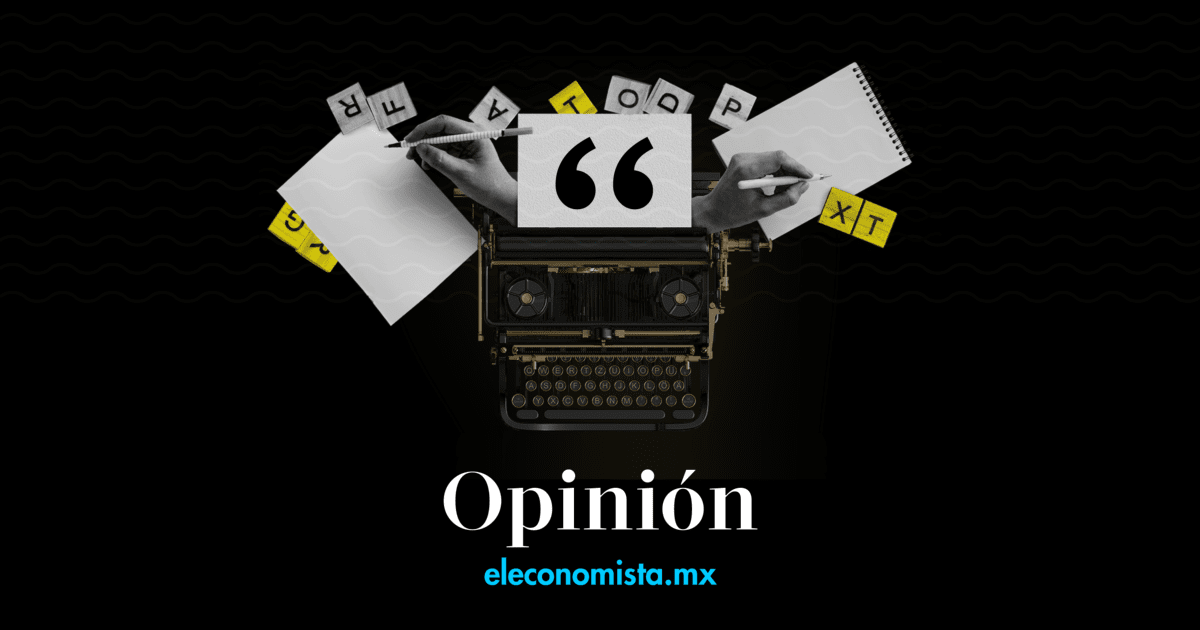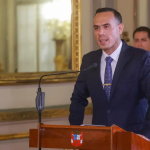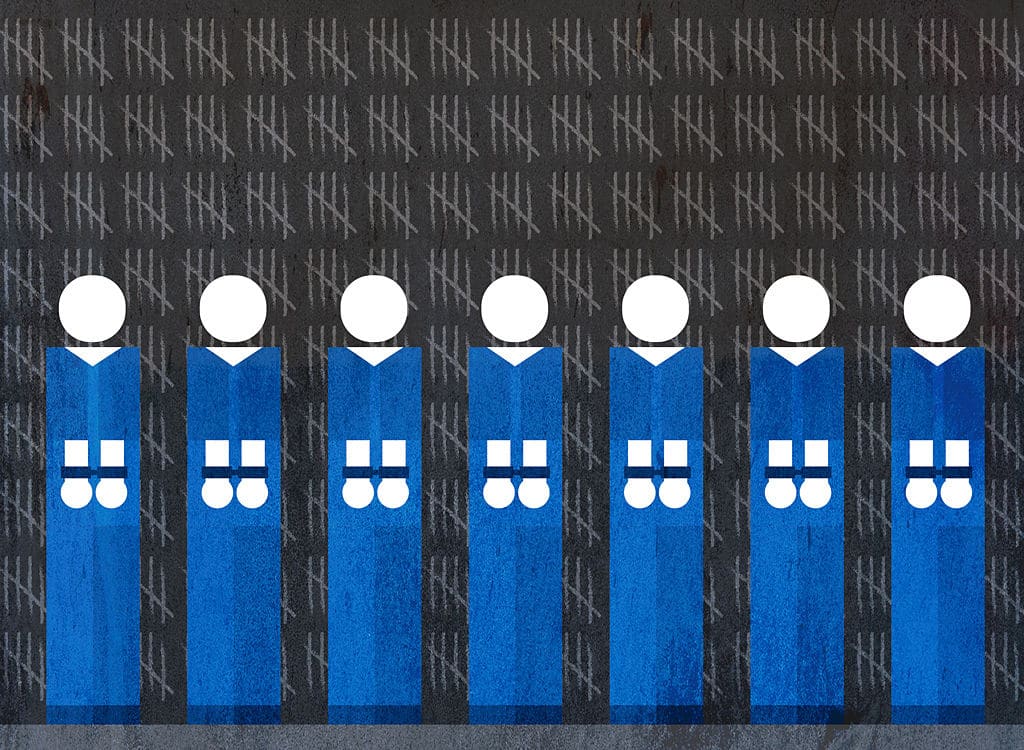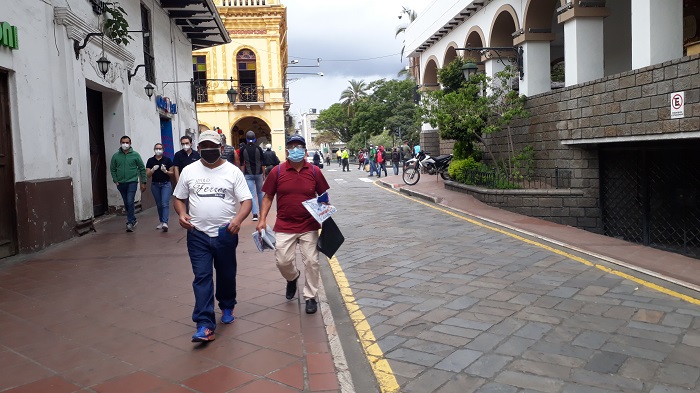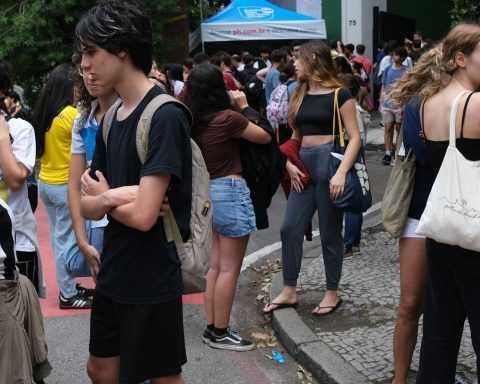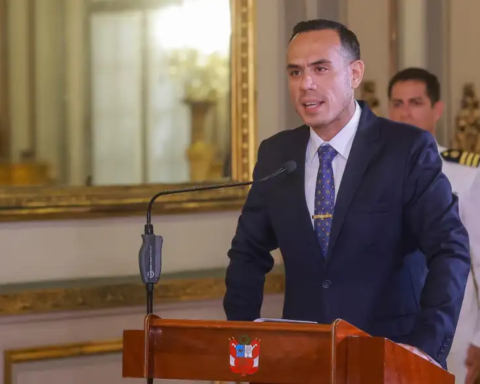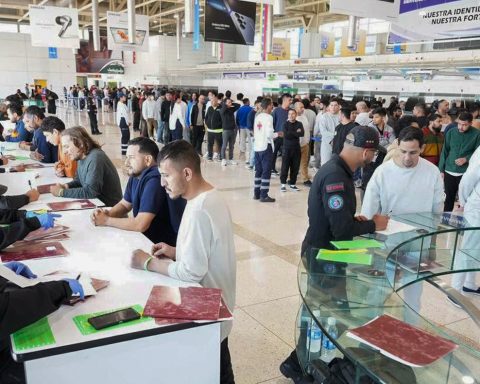Since we human beings decided that our best card was to resolve our differences or our desires with violence and not with words, war was instituted as a culture by itself, it keeps its logic and its codes, its forms and its balances; We can start with a general principle, no war has a good ending, that is, no war conflagration is resolved with the simple territorial reorganization or with the signing of an armistice, they leave consequences, memories, resentments, literatures. For this reason, places like the Balkans, Ukraine itself and the Middle East, to name just a few, are recurring scenes of violence.
One step forward, every war is fought on three simultaneous fronts; the military, the most obvious and is the exchange of various forms of violence that include formal actions to clandestine violations of human rights, however, that is not the main logic; immediately, the political economy, that is, the reason for the conflicts, what is desired with or without right but with interest and priority, the military front serves the interests of the political economy and serves as its manifestation; the symbolic and narrative, as old as the oldest of the war; to exist, to have a justification and legitimacy, the two parties must present themselves from innocence and offer the world a theatrical vision in which each one must assume the heroic quality of the defender and attribute to the other the quality of the monster, of the one who deserves be exterminated.
The situation in Ukraine is not, nor can it be, the exception. The war of symbols passes through two sieves; the one that tries to draw Russia as the battlefront against Western hegemony and imperialism, the threat to its borders under the leadership of the North American empire, the historical, linguistic and cultural right over the claimed areas and the protection of Ukrainians of origin Russian, not Russian citizens because those could simply be evacuated; In this theater of war, the character aspires to revive nostalgia for the Soviet Union, the supposed balance of power between the two ways of seeing the world, but the memory of the USSR is a kind of zombie, an undead that appears when required, dressed as a soldier of the Great Patriotic War, as Nazi aggression is called in Russia, but not all makeup can remove its illusory, washed-out and false air. To be frank, there is no possible resurrection of the Soviet Union and if there were, its champion would not be Putin, stuck as he is in a happy and passionate marriage with the authoritarian capitalist style.
Ukraine, for its part, asserts its own cultural identity and asks to call its capital Kvyv and not Kiev, a Russian word that we all knew, exhibits a heroic leader, close to his people, the one who goes to the front and does not run away ; Ukraine crying out for the abandonment of the West. Although it is true that there are no historical laws, history does not repeat itself, it approaches previous scenarios because we are children of experience and memory, although we learn little from it. If Moscow has preferred the Hitlerian file of justifications for the invasion of Poland and Czechoslovakia, Kvyv has reminded me more and more of the situation of the Second Spanish Republic left to its fate against the fascists of that time. The fact is that in a war there are good guys and bad guys, we have to accept it, not everyone is forced to take up arms, there is an aggressor and a victim; someone who has jumped the bars of dialogue and has opted for force.
However, the narrative, the theater of war has changed a lot; this is the first time that new actors have been incorporated that cannot stop being observed. Of course, the established actors persist, that is, each of the countries in conflict, each with its own narrative that must, perforce, exaggerate its kindness and revile that of the other and therefore is and must be biased and tendentious, they have the right to be and the spectator must understand it; in this case, Russian citizens around the world accuse the arrest of opponents of the war throughout Russia and the application of old legislation that can lead to prison for those who call the conflict “invasion” or “aggression”, I insist it is their bread and they eat it, in a war scenario, internal censorship is part of the morality of war and also of the common practice of the conflict; Other actors are those who are not involved but participate, like the United States in this case, which formulates scenarios where its interests favor one of the contenders and which, therefore, must also be read carefully. But there are the others, the new ones, the hackers and the social networks, a multiplicity of enormous narratives that, lacking controls, take us from end to end of disinformation and that must always be read between the lines.
Symbolic war is always the terrain of misinformation and contradiction, that is its nature and that is the challenge of the press that seeks to narrate it, some facts take decades to clarify or even become known, some never do. On the one hand we have the images of Volodímir Zelenzki at press conferences or at the front, announcing that he is staying in his country and also his family, then it is said that he is a refugee in Poland, disinformation is a weapon of war, imagine when that weapon has been distributed to thousands of subjects who can use it.
This is the new form of war, the one waged from computers, international financial circuits and battlefronts; this is the new face of the armed conflict that is barely taking shape and of which what we know is that we do not have clear ideas of how it can work and in these extremes our only refuge is critical reading, punctual and serious analysis and above all having It is clear that those who confront each other cannot be impartial.
César Benedicto Callejas is a writer and analyst.
@cesarbc70
